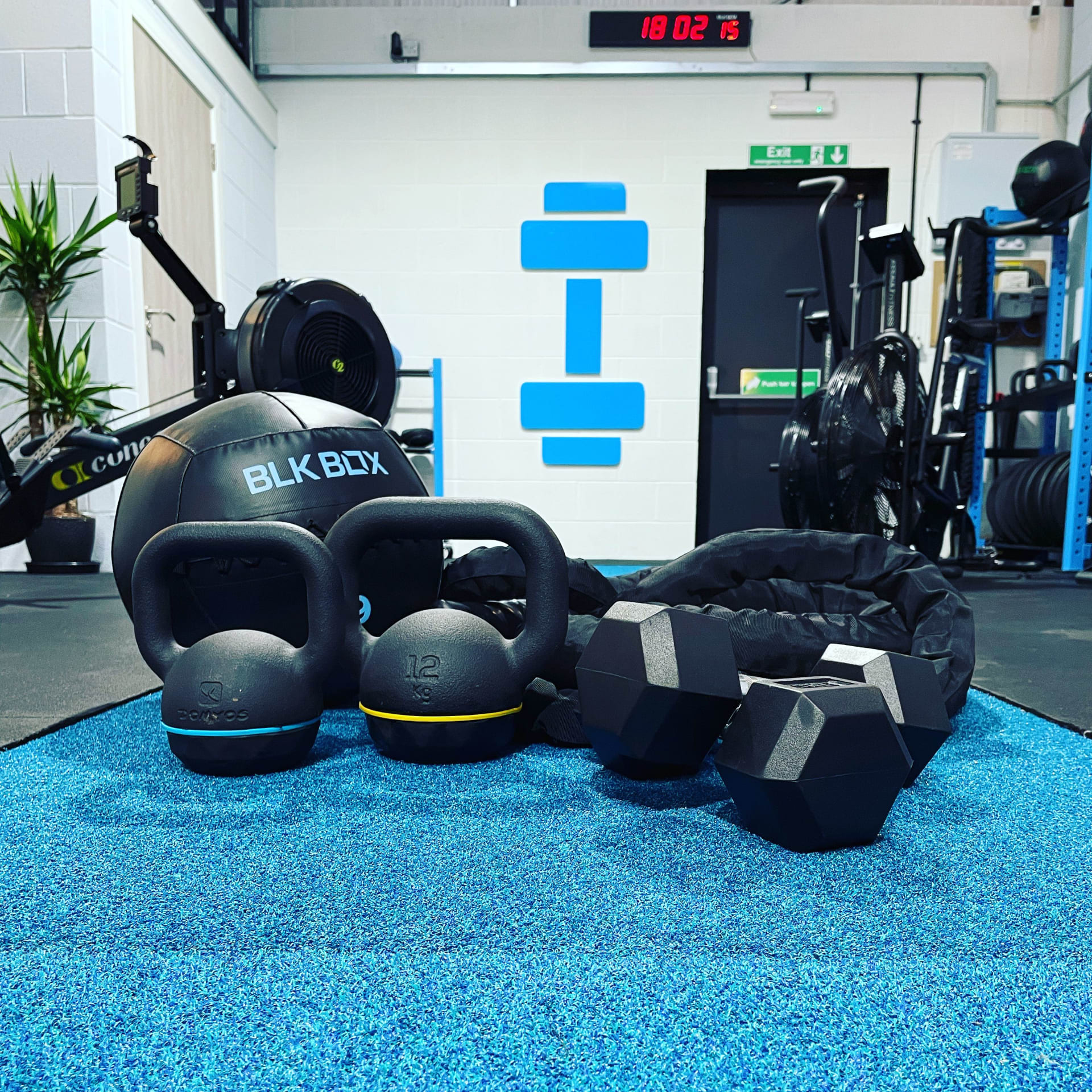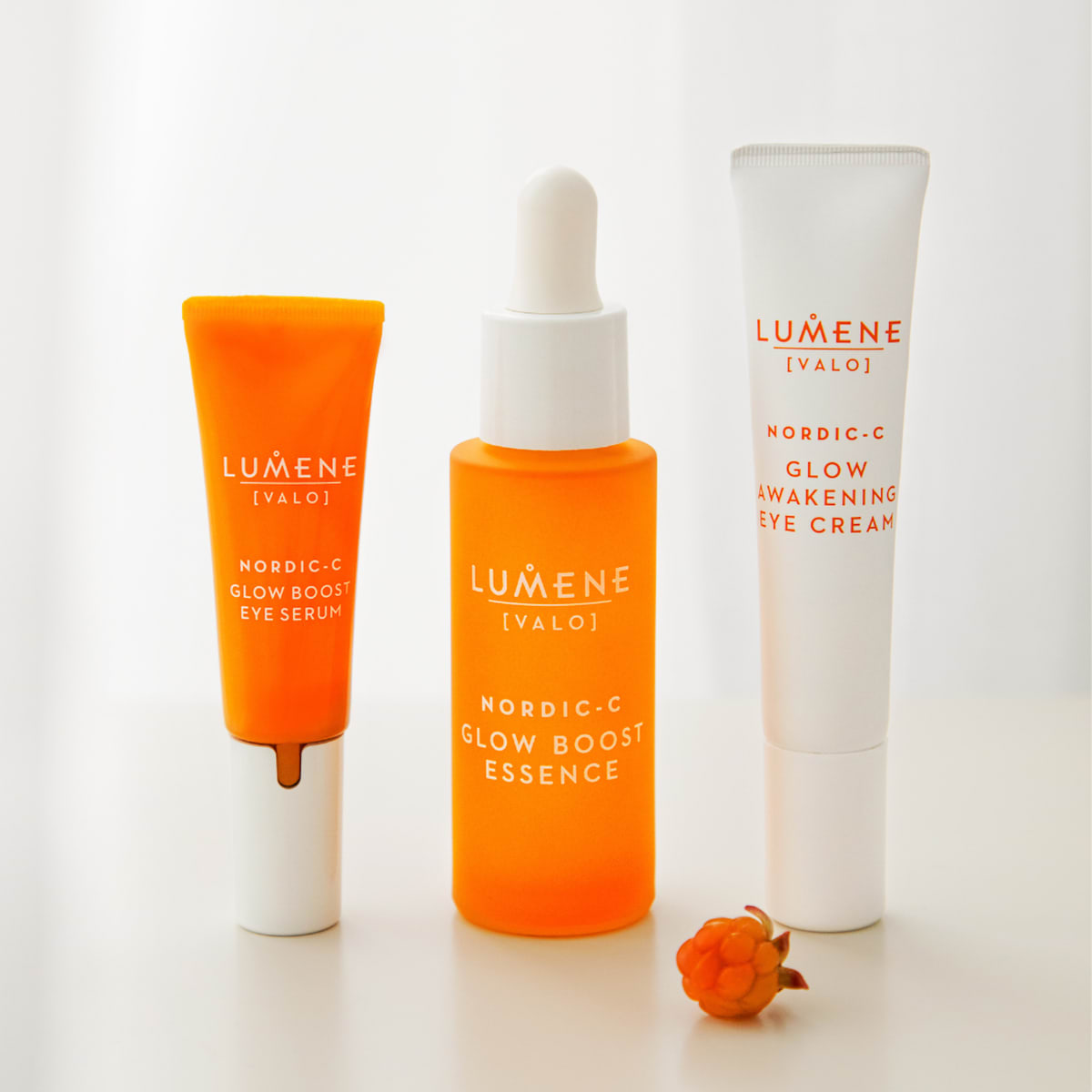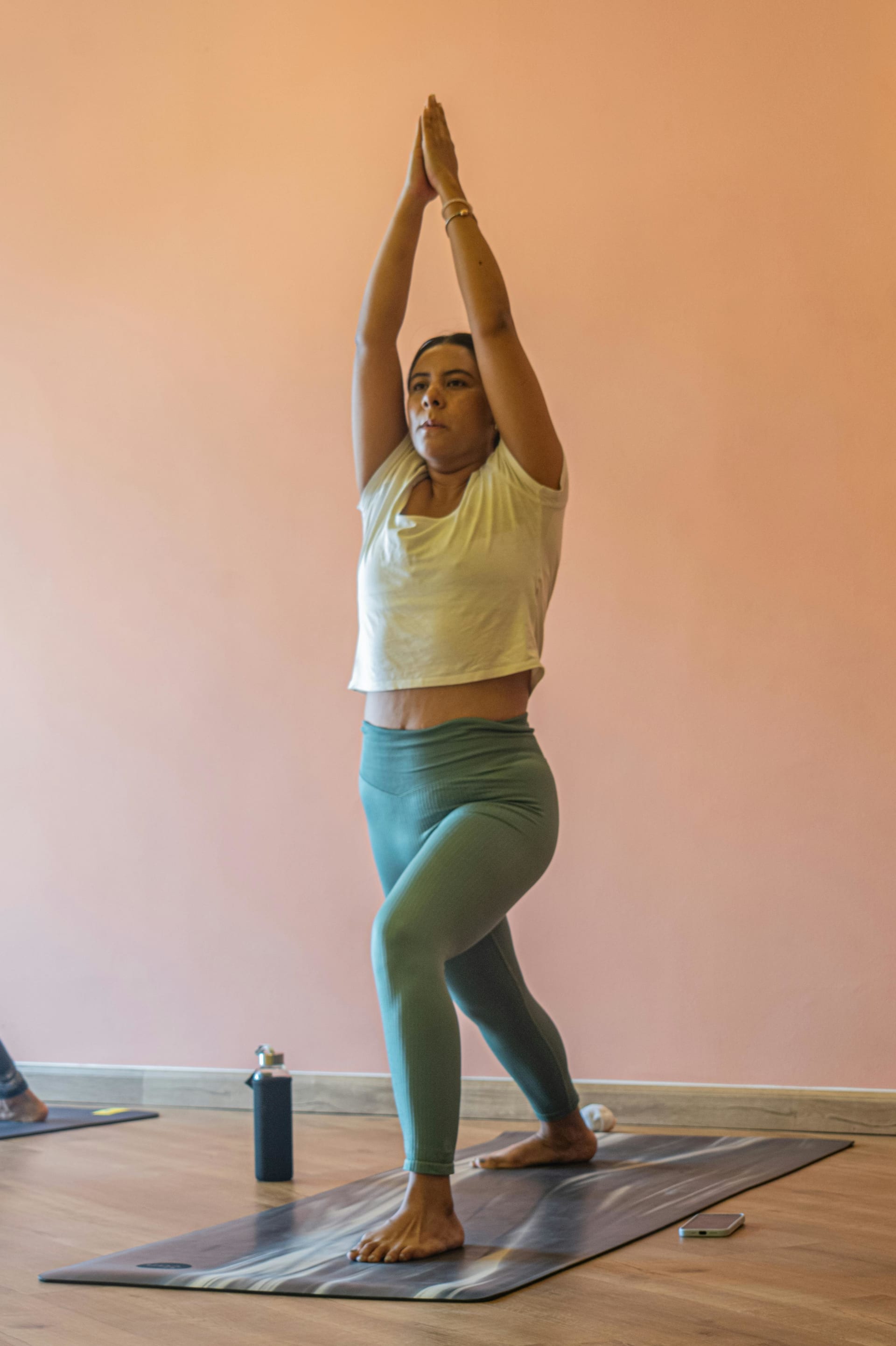When it comes to our overall health and well-being, hormones play a crucial role by acting as the messengers that deliver important signals to your organs, muscles, skin and other tissues through your bloodstream which coordinate various functions and instruct your body on what actions to take and when to take them. Hormones are essential for your 360° overall wellbeing but with so many factors at play it can be difficult to maintain the delicate balance which can lead to a variety of symptoms that can leave us feeling less than our best.
Enter strength training. Whether you're a seasoned gym-goer or new to weight training, there are many ways you can achieve optimal health, hormone balance, and mental wellbeing no matter how much equipment, time and experience you have. Weight training can help regulate hormone levels in both women and men. Studies have shown that resistance training triggers a post workout spike in human growth hormone and testosterone, essential for the building of muscle and the burning of fat. Additionally, it increases insulin sensitivity, which helps to control blood sugar and reduce the risk of type 2 diabetes. The key to getting the best out of strength training and helping your body optimise it’s hormone system is to understand how resistance training triggers such a response from the body.
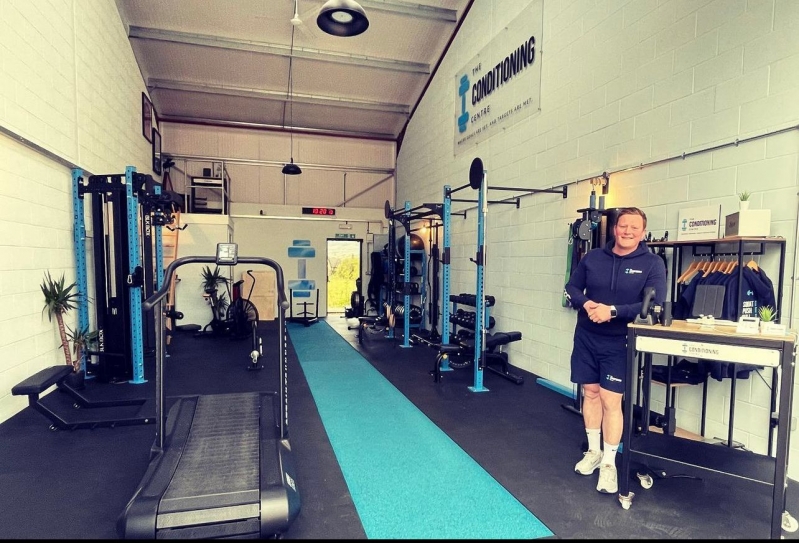 When you exercise, you're essentially placing a physical task and controlled stress on the body. This physical task is seen by the body as an acute stress, and as such, it will seek to adapt and overcome the physical task by growing stronger. It does this, in-part, by triggering a post-workout hormonal response straight after your workout. This hormonal response is triggered to help promote the building of stronger muscles, ligaments, tendons and bones, which is the main physical adaptation that occurs within the body to exercise, and in particular, resistance training.
When you exercise, you're essentially placing a physical task and controlled stress on the body. This physical task is seen by the body as an acute stress, and as such, it will seek to adapt and overcome the physical task by growing stronger. It does this, in-part, by triggering a post-workout hormonal response straight after your workout. This hormonal response is triggered to help promote the building of stronger muscles, ligaments, tendons and bones, which is the main physical adaptation that occurs within the body to exercise, and in particular, resistance training.
There is also a strong correlation between weight training and mental health, as exercise strongly stimulates the release of dopamine and serotonin. Dopamine is the ‘reward’ neurotransmitter that is responsible for that feeling of motivation and focus you get through your workout and can, in turn, help with the release of serotonin, another neurotransmitter responsible for mood regulation. This is why exercise leaves you feeling energised, happy and productive.
However, there is a point of diminishing returns; this typically happens when the body has adapted to the repeated exercises, and these physical tasks are no longer stimulating enough. We call this plateauing. That is why exercise variation is critical, and I would highly recommend varying all strength-based exercises every four to six weeks. The variety in exercise selection will trigger the body to continuously adapt and get stronger against the new and frequent stimulus.
The good news is the most efficient forms of strength training incorporate an array of functional natural body movements – ‘compound exercises’. These are multi-joint exercises which recruit the use of multiple major muscle groups at the same time (squats, lunges, chest presses and variations of rows). The beauty of these is that they can be done with bodyweight or minimal equipment. Compound movements have been scientifically proven to be the most efficient forms of exercises in creating a hormonal response. This is due to the fact that they recruit multiple major muscle groups at the same time.
Let’s talk rest and recovery. Although the list of benefits with strength training is endless, it can come as an expense on the body. As such, in order to get the best out of weight training, recovery and nutrition is extremely important in order to transform that physical hard work into results. Two to three strength sessions is plenty – over training won’t allow the body enough time to rest, adapt and grow stronger. Less is always more, with the focus on quality over quantity. To get the best out of your recovery, here are some top tips:
- You don’t have to exercise until you’re unable to walk, or until the smart watch reads 500 calories. Instead, leave each workout with 10% of energy left in the tank. Your recovery turnaround will be quicker, enabling you to train more consistently and frequently.
- Sleep is extremely important; the recommended amount of sleep every night is between seven to nine hours.
- Diet – protein is responsible for the building and maintaining of lean muscle tissue, along with optimising your immune system. I recommend consuming between 0.8g to 1.2 g of protein per kilogram of body weight. Plus plenty of fruit and vegetables. Vitamins are crucial for many things such as nutrient absorption, immune system regulation and maintaining healthy metabolic functions.
- Water is no doubt the most underrated and most efficient way to detox your system. Forget expensive detox products, simply consume more water to flush out toxins which can help in boosting energy and aiding in weight loss.
My Breakfast Smoothie
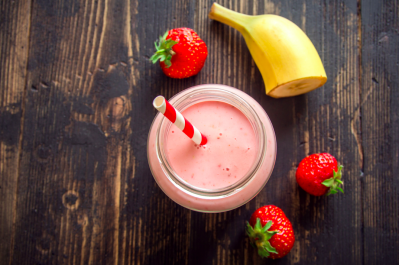
Ingredients:
- 1 cup frozen strawberries
- 1 tsp of ground flax seeds
- 1 ripe banana
- 1 cup almond milk
- 30g scoop of vanilla whey protein. (I’m a big fan of Pulsin’s Whey Protein Isolate, made using hormone-free milk from European grass fed cows with no fillers, sugars or sweeteners.)
Add all ingredients to a blender and blend on high until the mixture is smooth and creamy. Pour the smoothie into a glass and enjoy.
Meet The Expert
Joel Thomas, founder of The Conditioning Centre and National Association of Sports Medicine Trainer. Joel played professional Rugby League in France and the in UK, before becoming one of the most respected Personal Trainers in the Cotswolds. Joel works with numerous high-profile clients, local schools and medical practitioners. He specialises in Strength & Conditioning, Youth Athletic Performance Training, Weight Loss and Corrective Injury Exercise.

